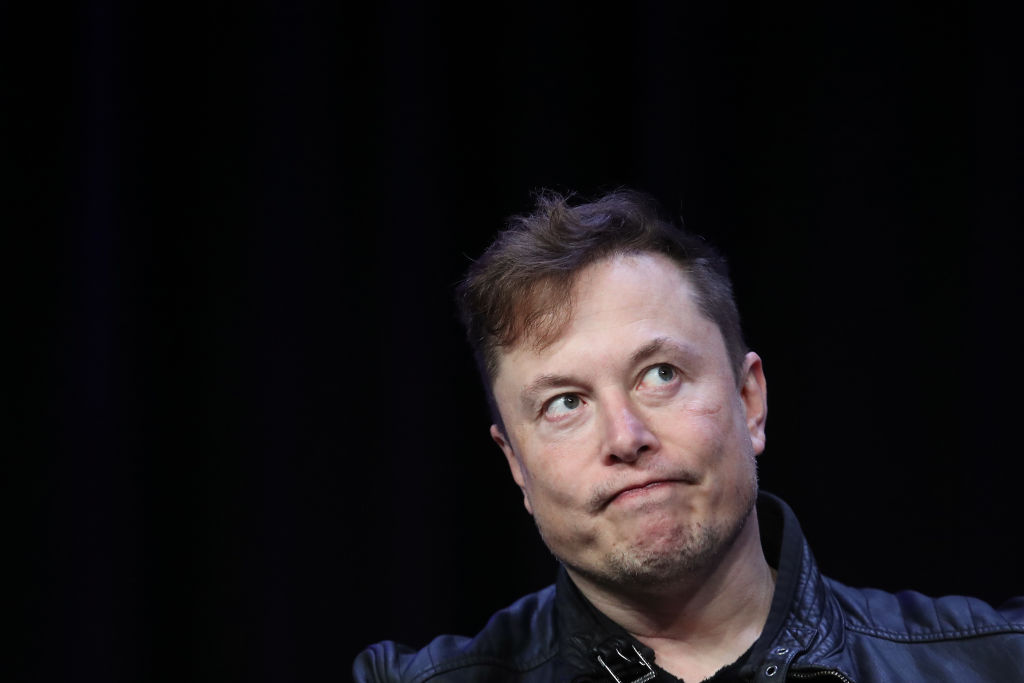Elon Musk Steps Down from Government Efficiency Post After Struggles in DC
29.05.2025 13:30 2 min. read Alexander Zdravkov
Elon Musk has stepped down as head of the Department of Government Efficiency (DOGE), citing the difficulty of reducing federal spending and bureaucracy.
Elon Musk has stepped down from his role leading the Department of Government Efficiency (DOGE), citing the difficulty of reducing federal spending and bureaucracy. Appointed as a Special Government Employee, Musk’s 130-day term was set to end May 30. He confirmed his departure on May 29 in a post on X, thanking President Donald Trump “for the opportunity to reduce wasteful spending.” The White House later confirmed that off-boarding had begun.
In an interview with The Washington Post, Musk described the federal system as more dysfunctional than he expected. He also criticized a massive tax relief bill passed by House Republicans, claiming it worsened the deficit and undermined DOGE’s work.
DOGE claims it saved $175 billion since Trump returned to office in January — far short of Musk’s original $2 trillion goal, later reduced to $150 billion. Media outlets have challenged the accuracy of the reported savings. DOGE reportedly cut 260,000 federal jobs, about 12% of the workforce, through layoffs and buyouts.
Despite stepping down, Musk said on X that DOGE’s mission will continue and could influence broader government practices.
His exit comes as 14 states pursue a lawsuit accusing him and DOGE of overstepping their authority — including claims of unauthorized firings, canceled contracts, and improper access to federal data.
In a May 28 interview with Ars Technica, Musk admitted he may have focused too much on politics, potentially to the detriment of Tesla. Still, he downplayed his actual time spent on DOGE and blamed media exaggeration. When Musk previously said he’d reduce his involvement, Tesla stock rose over 5% — despite an 80% decline in quarterly net income.
Tesla still holds 11,509 Bitcoin, worth around $1.24 billion. Its shares are down nearly 6% this year, mirroring declines among other major tech firms.
-
1
Brazil’s Largest Exchange Taps Into Crypto Boom With New Futures Products
10.05.2025 14:00 1 min. read -
2
AI Stocks Rebound as Trump Team Eyes Rollback of Chip Export Limits
11.05.2025 8:00 1 min. read -
3
Why Coinbase Chose Caution Over a Bitcoin-Maximalist Strategy
12.05.2025 8:00 2 min. read -
4
eToro Upsizes IPO to $620M Ahead of Nasdaq Debut, Takes Aim at Robinhood
14.05.2025 17:00 2 min. read -
5
FTX EU Customers Can Finally Claim Frozen Funds via Backpack
12.05.2025 20:00 1 min. read
Coinbase Expands 24/7 Futures to Solana, XRP, and Cardano Amid Rising Altcoin Demand
Coinbase is gearing up to broaden its futures trading capabilities, introducing round-the-clock contracts for Solana (SOL), XRP, and Cardano (ADA) starting June 13.
Here Are the 10 Most Actively Developed DeFi Projects Right Now
A new report from blockchain analytics firm Santiment highlights which DeFi projects have seen the most developer activity over the past month—and the leaderboard has shifted in unexpected ways.
Shibarium Launches Internal Probe Amid Ecosystem Abuse Allegations
Shiba Inu’s Shibarium team has launched an internal investigation into alleged rug pulls carried out by actors operating within the network.
BlackRock Eyes Major Stake in Circle’s IPO Amid Surging Demand
BlackRock is reportedly preparing to purchase nearly 10% of the shares in Circle Internet Financial Ltd.’s upcoming IPO, expanding its existing role as manager of the Circle Reserve Fund, which backs USDC with roughly $30 billion in assets.
-
1
Brazil’s Largest Exchange Taps Into Crypto Boom With New Futures Products
10.05.2025 14:00 1 min. read -
2
AI Stocks Rebound as Trump Team Eyes Rollback of Chip Export Limits
11.05.2025 8:00 1 min. read -
3
Why Coinbase Chose Caution Over a Bitcoin-Maximalist Strategy
12.05.2025 8:00 2 min. read -
4
eToro Upsizes IPO to $620M Ahead of Nasdaq Debut, Takes Aim at Robinhood
14.05.2025 17:00 2 min. read -
5
FTX EU Customers Can Finally Claim Frozen Funds via Backpack
12.05.2025 20:00 1 min. read


